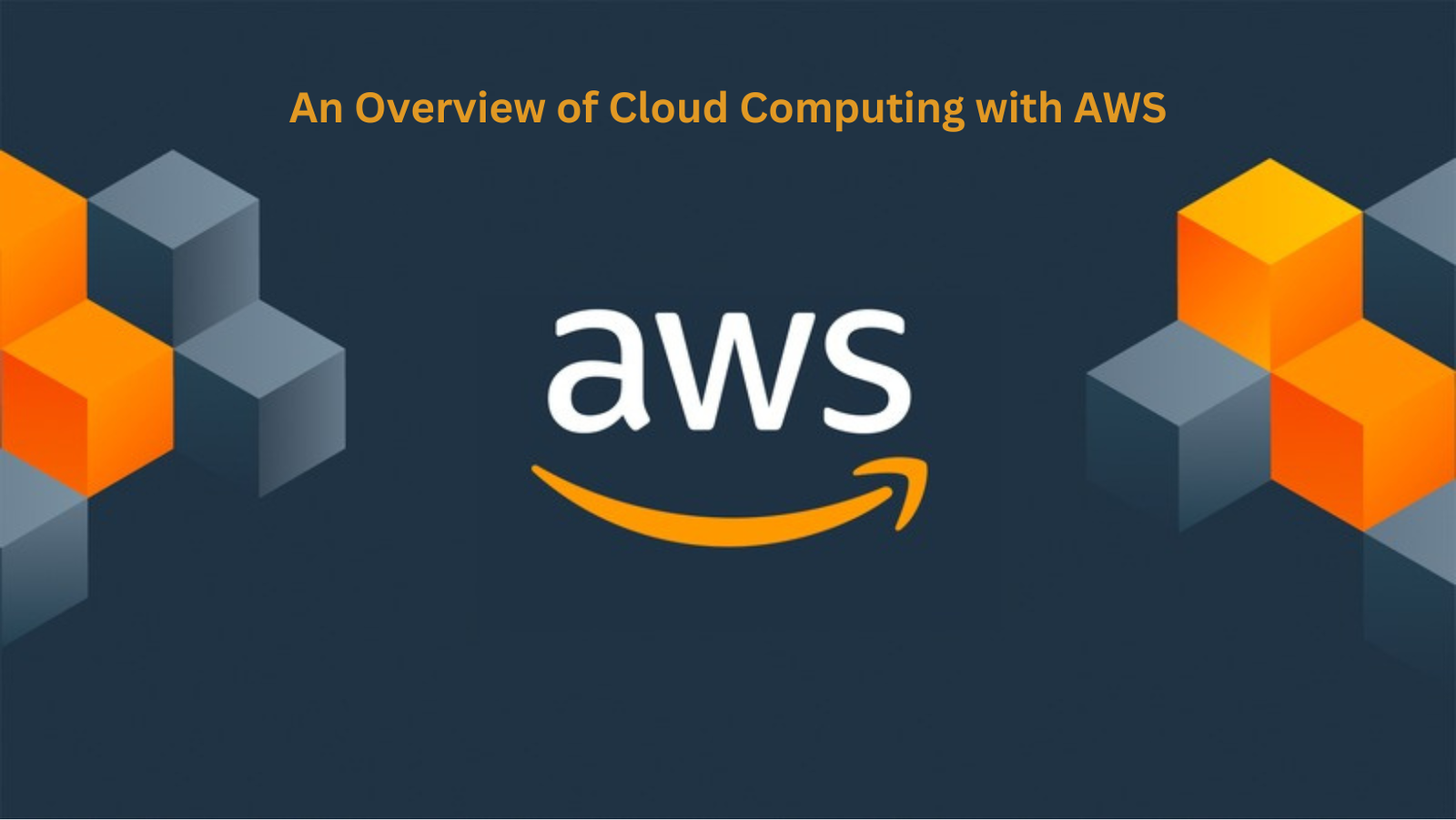If you’re looking to the future for your computing platform, AWS (Amazon Web Services) may be the answer. AWS is an on-demand cloud computing platform that provides a range of services, from storage to compute power and database solutions. It offers various options for hosting applications and websites, including virtual servers (EC2), managed databases (RDS), and content delivery networks (CloudFront).
Benefits of AWS
Are you searching for a cost-effective, secure, and reliable computing platform? Look no further than AWS, or Amazon Web Services. AWS provides businesses with access to tools, services, and applications for website running, database hosting, and AI solution development. Here are some of the benefits:
Firstly, AWS is cost-effective with options for pay-as-you-go use and scalability for any budget or usage level. Such flexibility helps reduce costs and avoids the need for upfront or long-term commitments.
Secondly, AWS offers high performance and rapid resource access due to flexible scalability. It easily integrates with on-premises data, so users don’t have to worry about losing existing information when switching platforms. Further, it supports a range of services from AI to analytics and databases without limiting users’ options when developing solutions. Kelly Technologies, an industry leader in professional IT training and certifications, is now providing AWS Training in Hyderabad.
Finally, AWS offers multiple protective layers securing users’ data at all times, while automated tasks streamline processes, increasing overall efficiency. If you’re seeking an innovative, secure and reliable cloud-based computing platform, choose Amazon Web Services!
Overview of Cloud Computing with AWS
As businesses transition into the digital age, cloud computing is becoming a favored option for companies seeking a competitive edge. AWS takes the lead in providing cloud hosting services that are reliable, secure, and affordable for scaling technology infrastructure. This section post will introduce cloud computing with AWS and its potential as a solution for complex business challenges with cloud-native solutions.
At its core, cloud computing is the practice of using remote servers hosted on the internet instead of physical hardware in a business location. Cloud hosting saves cost associated with managing server infrastructure and allows easy and quick scaling for businesses.
AWS offers an extensive range of services, including compute (EC2), storage (S3), database (RDS), analytics (Kinesis), networking (VPC), mobile development tools, developer tools, safety capabilities such as encryption and monitoring compliance, identity management, and more. With these services combined, businesses can develop applications faster and securely manage user data.
Cost of AWS Services
Are you considering a more cost-effective computing platform? Look no further than AWS, also known as Amazon Web Services. AWS offers over 100 services to choose from, making it accessible for businesses of all sizes to utilize the cloud. At Kelly Technologies, we are proud to offer the only AWS Training in Hyderabad that covers each and every facet of Amazon Web Services.
One major advantage of AWS is the elimination of large upfront capital investments. With traditional onsite equipment and software, companies must purchase expensive hardware and software licenses to get started. AWS allows businesses to avoid this initial investment by paying for only what they use – a pay as you go pricing model. This approach allows for variable costs based on user demand and allows users to quickly scale up or down as needed.
In addition, AWS offers lower administrative and maintenance costs compared to traditional methods such as an in-house IT team or consultants. Many AWS services provide preconfigured Amazon Machine Images (AMIs) that save time and money by quickly deploying instances without additional setup. Auto scaling is also built-in to many AWS services, reducing maintenance overhead.
Don’t forget about cost optimization tools such as Reserved Instance reporting and AWS Budgets. These tools manage usage costs and provide detailed billing breakdowns to help businesses understand their spending patterns. This information allows for informed budgeting decisions, maximizing return on investment and minimizing expenses associated with cloud resource utilization. AWS makes it easier than ever for businesses of any size to be strategic in their resource utilization strategies.
Benefits and Challenges for AWS Adoption
Cloud computing is rapidly gaining in popularity, and the reasons for this are easily understandable. AWS (Amazon Web Services) has simplified the process of developing applications, thanks to its pay-as-you-go system. There are, however, some challenges that come with using AWS that you ought to familiarize yourself with before making the transition
Scalability is one of the biggest pros of AWS, given that it enables you to develop applications in a flexible environment that is cost-effective and easy to manage and deploy. Furthermore, AWS is highly secure, adhering to established cloud security standards, and implementing best practices to keep data safe. It also offers a range of tools and services that can be customized to meet specific business requirements as they evolve over time.
However, intense competition has driven down prices, leading to greater complexity in selecting the best option for hosting applications on the Cloud. Amazon also recently limited access to hardware resources like storage or compute power, making it more challenging to scale up quickly without significant cost increases for larger projects or workflows that require huge amounts of resources across multiple regions or availability zones simultaneously. This article in Recifest has given you the such a informative content.



